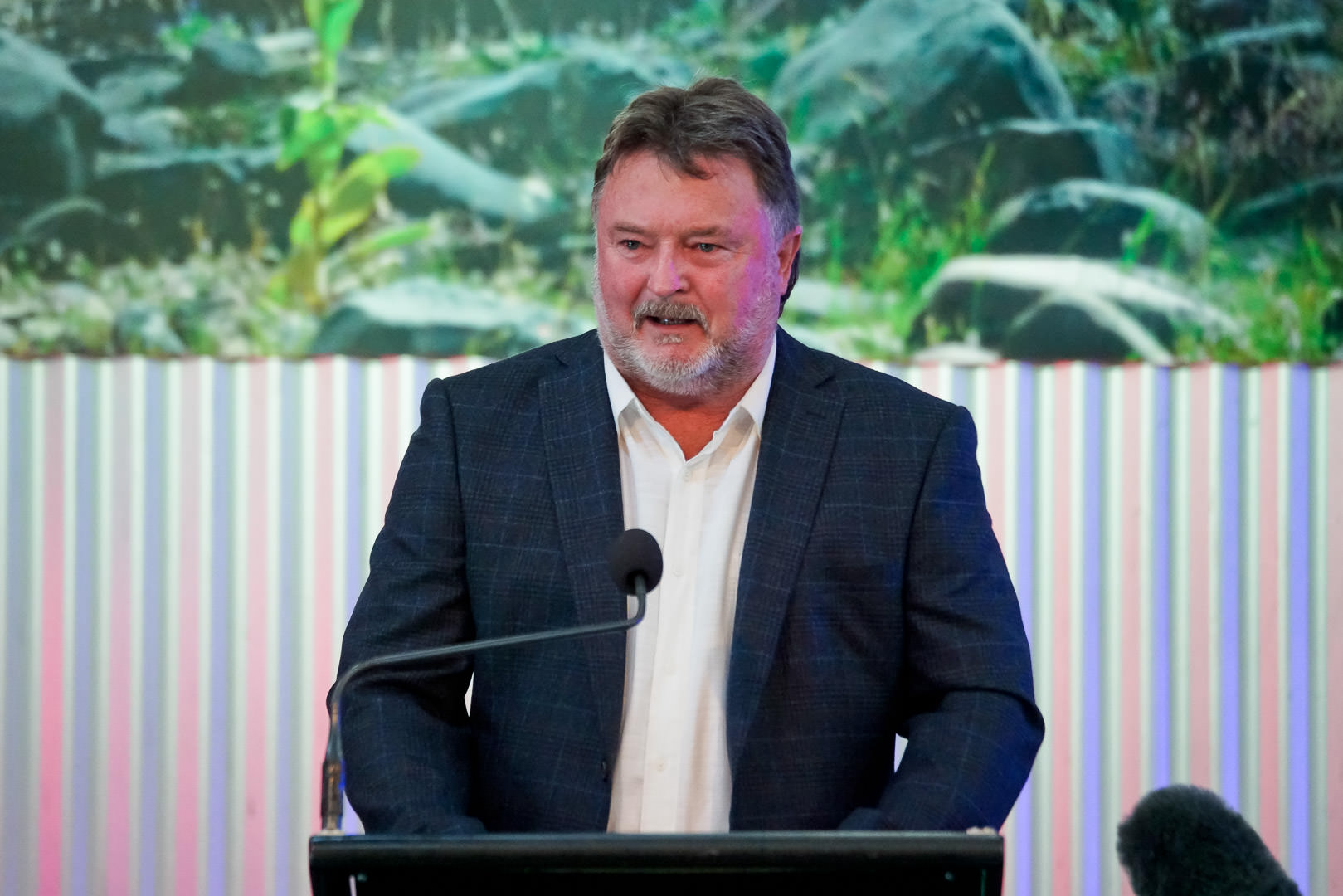New Zealand WoolWorks decarbonises Canterbury wool‐scouring site
In a statement issued earlier this month New Zealand WoolWorks announced a major initiative to
decarbonise its facility at Timaru following a $9.5 million investment. The company has replaced a coal‐fired boiler with a European 8 Megawatt Electric Boiler, reducing 11,000 tonnes of CO2 emissions per annum, or the equivalent of removing 3,000 cars off the roads.
WoolWorks invested $5.85m in the project with EECA (the Energy Efficiency and Conservation
Authority) contributing $3.65m through the Government Investment in Decarbonising Industry
(GIDI) fund.
The South Island plant is believed to be only the second early‐stage textile processor to become
decarbonised in the world.
This is a significant milestone for the company and for the overall New Zealand wool sector.
While the apparel brands have been leading the way with championing the sustainability aspects of wool, the earlier stages of the supply chain have been slow to adopt carbon initiatives.
The ongoing benefits for the wool industry are significant. WoolWorks CEO Nigel Hales says ‘We have just returned from a sales trip through Europe and the customers that we visited were very clear they wanted product from companies that are committed to climate action.
‘To assist us in measuring the impact of the initiatives we are investing in and implementing, WoolWorks
has committed to the Science Based Targets Initiative (SBTi). The SBTi has quickly become the global
leader in providing an independent, credible, and transparent platform for organisations to pledge
climate action commitments, in the form of CO2 emissions reductions, and report publicly on their
progress.
Some of the world’s leading companies have made bold commitments including Apple, Tesla
and IBM. Across the entire business, WoolWorks has committed to a 46% reduction on CO2 emissions by
2030 vs 2019 baseline year. With our decarbonisation programme in Timaru, we will achieve this by
2024.
The other important aspect to the SBTi is that it encourages members to align with other companies who are committed to taking positive climate action through SBTi pledges. We are already seeing pressure coming on global supply chains to align and commit to SBTi, largely being led by multi‐national
manufacturers and brands who are ultimately large users of New Zealand wool and related products.
Not only is this the right thing to do, but this investment has also presented us with new commercial opportunities. For example, companies like VF Corporation, the owner of Icebreaker, have made public pledges to the Science Based Targets initiative (SBTi) of a 55% carbon reduction in their supply chain by 2030.
WoolWorks has positioned its business to meet the market needs now, and this is a significant
advantage for New Zealand suppliers of woollen product who embrace a sustainable value chain.
We see this achievement as an investment in the future that will lead to positive benefits for the
New Zealand farmer as our wool exporters will be able to market the wool differently.
International wool customers who are adapting their business to align with modern consumer eco-sourced products will view wool through this zero‐carbon processing site as being positive and
preferred versus non‐decarbonised wool or synthetic alternatives.
WoolWorks believes that the best way to counter climate change is through reducing its carbon
footprint, rather than forestry offsetting.
I would like to thank all of those responsible for bringing this project to fruition and look forward to
being of service to the New Zealand farmer and wool industry. In particular, WoolWorks would like to acknowledge the support from its shareholders for having the commitment to get this project over the line, EECA, along with the GIDI fund for supporting the initiative with co‐funding, Meridian Energy and Alpine Energy, for their roles, Lumen and the PEI group for their professional management of the project, and the Windsor Engineering group for the supply of the equipment.’
Source: WoolWorks NZ


